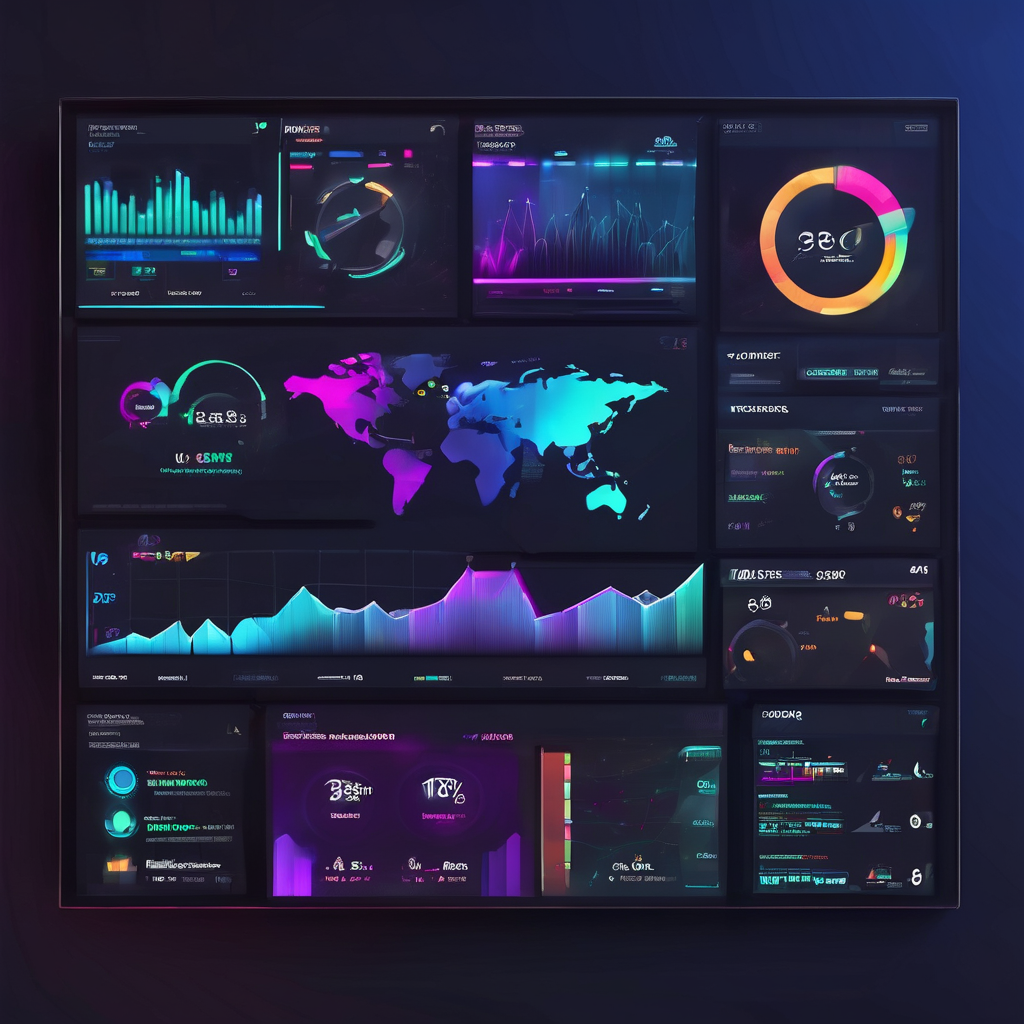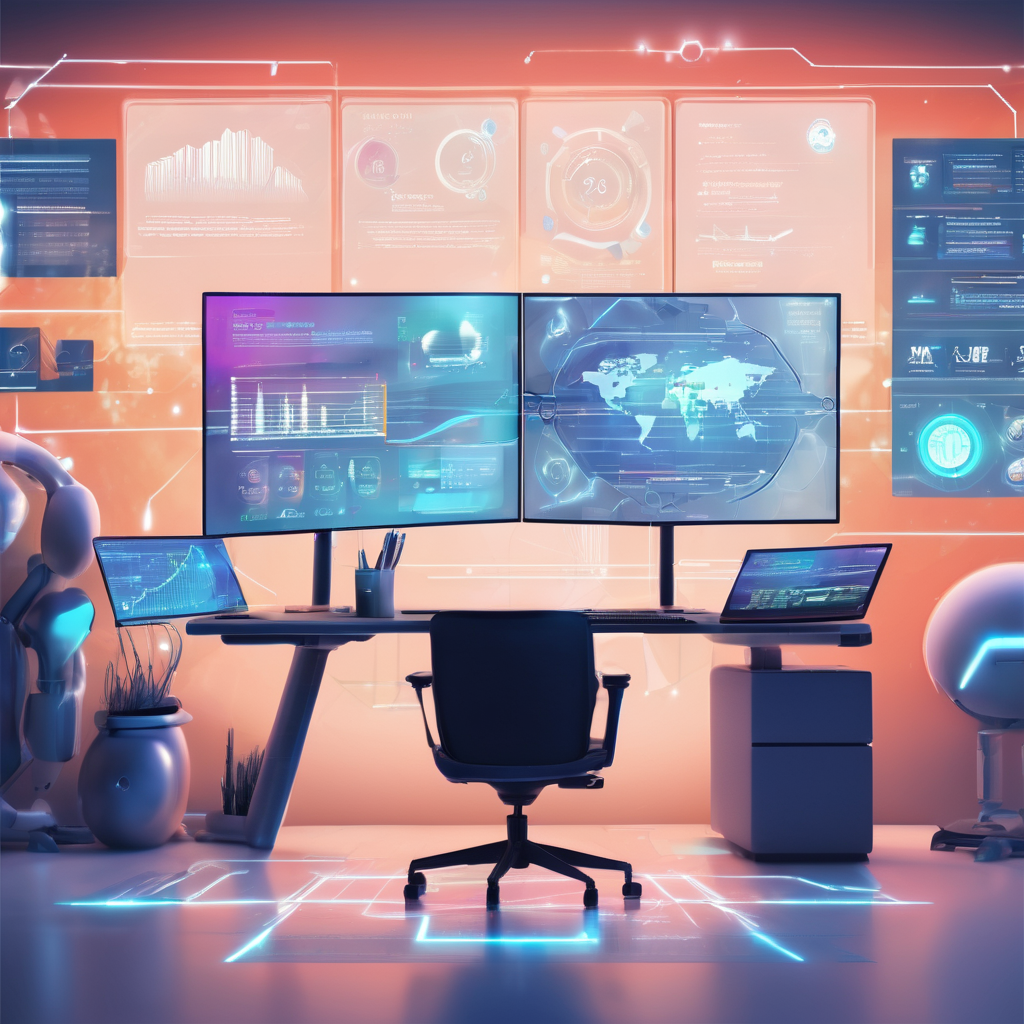
The rise of AI-generated video content has sparked significant discussion in the digital media industry, bringing urgent ethical concerns to the forefront. As AI technology advances, it increasingly influences how videos are created, distributed, and consumed, prompting industry leaders, ethicists, and policymakers to engage in conversations about responsible use and societal impact. A primary concern involves the authenticity of AI-generated videos. Unlike traditional content made through direct human efforts—such as filming, animation, or editing—AI can fabricate footage, impersonate individuals, and manipulate audio and visuals with unprecedented realism. This blurs the line between genuine and fabricated content, making it difficult for viewers to distinguish truth from deception and highlighting the need to protect trust and integrity in digital media. Consent presents another critical issue. Conventional video production requires permission from those featured, but AI videos often use data from public archives or social media without explicit consent. This raises ethical and legal challenges, particularly when individuals’ likenesses are used without authorization in potentially harmful or misleading ways. Current legal frameworks struggle to address this, necessitating new guidelines that respect privacy and digital representation rights. The potential misuse of such technology, especially in creating deepfakes, compounds ethical dilemmas.
Malicious actors can exploit AI-generated videos for character assassination, political propaganda, fraud, and harassment, threatening reputations and societal stability by eroding trust in media and institutions. Addressing misuse is thus a priority across sectors. In response, experts advocate for comprehensive standards governing AI video use, focusing on key measures: first, establishing clear consent protocols to ensure informed permission or effective anonymization, safeguarding individual rights; second, promoting transparency by disclosing AI involvement in content creation or alteration, helping audiences make informed judgments and preserving credibility; third, implementing strong detection and prevention tools to curb harmful content spread, alongside public education initiatives enhancing media literacy. Realizing these standards demands collaboration among technology developers, content creators, legal authorities, and civil society to build balanced regulations fostering innovation while protecting individuals and public interest. Policymakers must navigate both technological and ethical complexities to uphold accountability and truthful communication. As AI’s role in content creation grows, addressing these ethical concerns is crucial to protect individuals and communities and to maintain trust in digital media ecosystems. Without proactive efforts, AI-generated videos risk undermining core principles of transparency and responsibility. Looking forward, commitment to ethical AI media standards will shape the future of digital storytelling and information sharing. Responsible practices can harness AI’s creative and educational benefits while mitigating risks, contributing to a more informed and resilient society. The ongoing dialogue around AI-generated video content marks a critical moment in media technology and ethics, demanding thoughtful action and stewardship from all stakeholders.
Ethical Challenges and Standards for AI-Generated Video Content in Digital Media


C3.ai, a leading enterprise artificial intelligence software provider, has announced a major restructuring of its global sales and services organization to boost operational efficiency and better align resources with long-term growth goals.

Snack manufacturer Mondelez International is utilizing a newly developed generative artificial intelligence (AI) tool to drastically cut costs in marketing content creation, achieving a 30% to 50% reduction in production expenses, according to a senior company executive.

South Korea is poised to make a major advancement in artificial intelligence by planning to build the world’s largest AI data center, with a power capacity of 3,000 megawatts—about three times larger than the existing "Star Gate" data center.

In August 2025, OpenAI announced a major milestone: ChatGPT, its advanced conversational AI platform, had reached an impressive 700 million active weekly users.

Krafton, the well-known publisher behind popular games like PUBG and Hi-Fi Rush, is undertaking a bold strategic transformation by integrating artificial intelligence (AI) into almost every aspect of its operations.

Artificial intelligence (AI) is becoming an essential tool for improving user experience and engagement through advanced search engine optimization (SEO) techniques.

For a glimpse of today’s turmoil, look no further than the nearest office.
Launch your AI-powered team to automate Marketing, Sales & Growth

and get clients on autopilot — from social media and search engines. No ads needed
Begin getting your first leads today